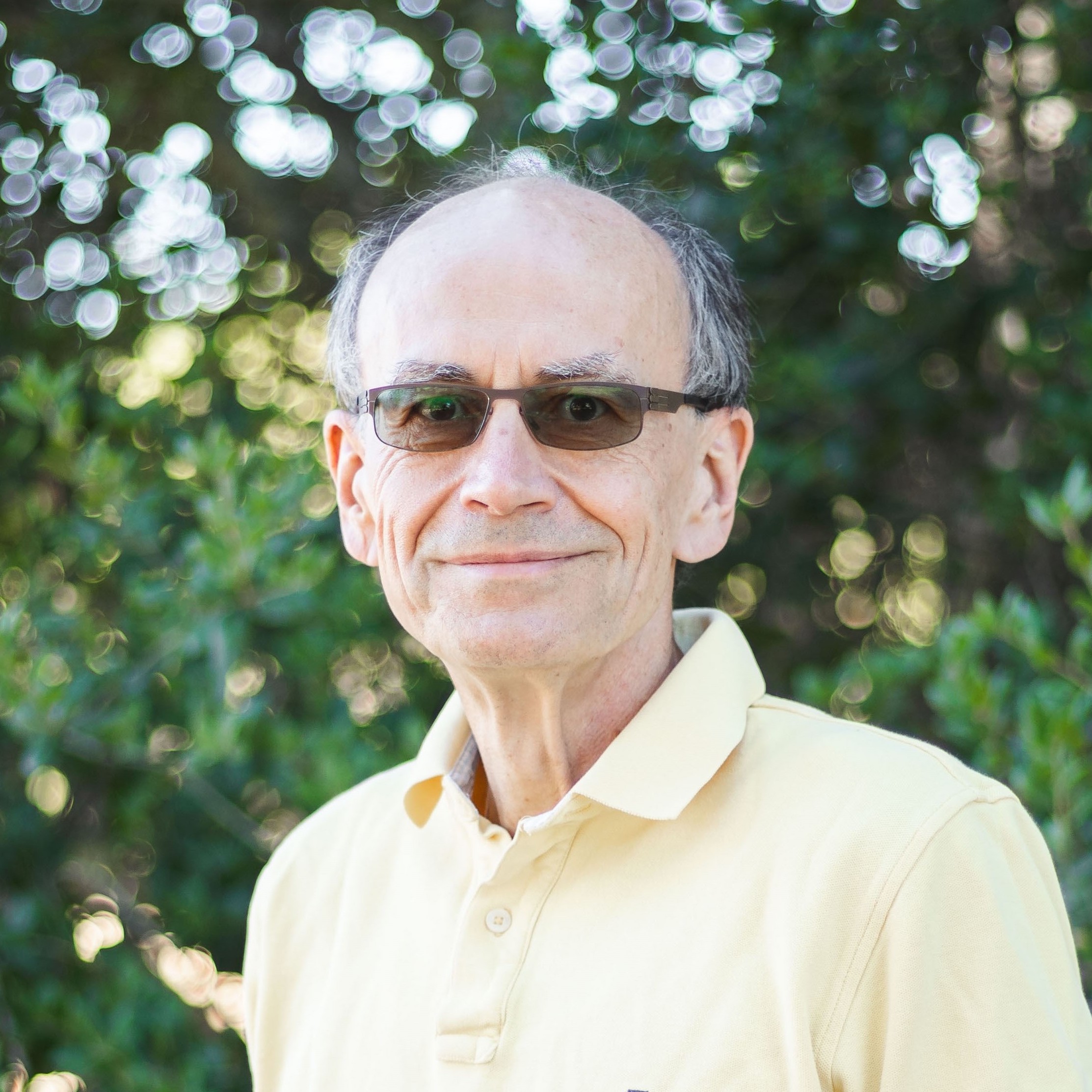Thomas Südhof

Thomas Südhof
2013 Nobel Prize in Physiology or Medicine
Rapid and precise transmission of information in the brain is required for humans to think, feel and make decisions. Information is transferred between neurons in the form of electrical and chemical signals through specialised connections known as synapses. Since starting his lab in 1986, Professor Thomas Südhof has made landmark contributions towards understanding synaptic physiology: from elucidating the mechanisms of neurotransmitter release to uncovering the specifications of synapse formation in health and disease.
In 2013, Prof Südhof was awarded the Nobel Prize in Physiology or Medicine, alongside James Rothman and Randy Schekman, “for their discoveries of machinery regulating vesicle traffic, a major transport system in our cells”. Specifically, Prof Südhof had identified many of the proteins that trigger vesicle fusion and neurotransmitter release. Much of this work was performed during his 21 years at the University of Texas (UT) Southwestern Medical Center and in close collaboration with structural biologist Jose Rizo from UT Southwestern and electrophysiologist Charles “Chuck” Stevens from the Salk Institute. Together, they worked out the detailed atomic structures and cellular function of many of the proteins they studied.
“Collaborations are the key to science,” according to Prof Südhof, who personally enjoys working with other labs, particularly when they offer diverse expertise that is complementary to his. He finds that he always gains something new when working with different groups, such as structural biologists, electrophysiologists and stem cell researchers. He advises young scientists to choose their collaborators wisely—seek individuals whose primary motivation in research is their need to understand the problem—and to work in a place that offers a conducive scientific environment.
At Stanford University, Prof Südhof is the Avram Goldstein Professor of the School of Medicine and the Director of the Center for Molecular Neuroscience in Health and Disease. He is a member of the Institute for Stem Cell Biology and Regenerative Medicine, and has been an Investigator with the Howard Hughes Medical Institute since 1991.
Prof Südhof’s work at Stanford includes analysing how synapses form in the brain, how their properties are specified and the factors (particularly genetic mutations) that lead to their dysfunction in neurodegenerative, neurodevelopmental and neuropsychiatric disorders. Together with Stanford professor Marius Wernig, he develops human neurons derived from induced pluripotent stem cells of patients with neuropsychiatric or neurodevelopmental disorders. Using these cells, they can study how gene mutations impact synaptic function and how they ultimately lead to brain disorders.
To translate basic research knowledge into application, Prof Südhof is also actively involved in the biotech industry as Co-Founder and Scientific Advisory Board member of numerous biomedical companies, including Boost Neurosciences and Recognify, which are dedicated to improving the lives of patients with neurological dysfunction through the development of pro-cognitive therapeutics.
Prof Südhof’s numerous awards are a testament to his illustrious career; among his awards include the 1993 Alden Spencer Award, the 2004 von Euler Lectureship, the 2010 Kavli Award and the 2013 Albert Lasker Basic Medical Research Award shared with Richard Scheller. In 2020, he received the Doppler Lecture Award and Honorary Doctor of Philosophy from the University of Miskolc, Hungary and the Sherrington Lecture Award from the University of Oxford, UK.

